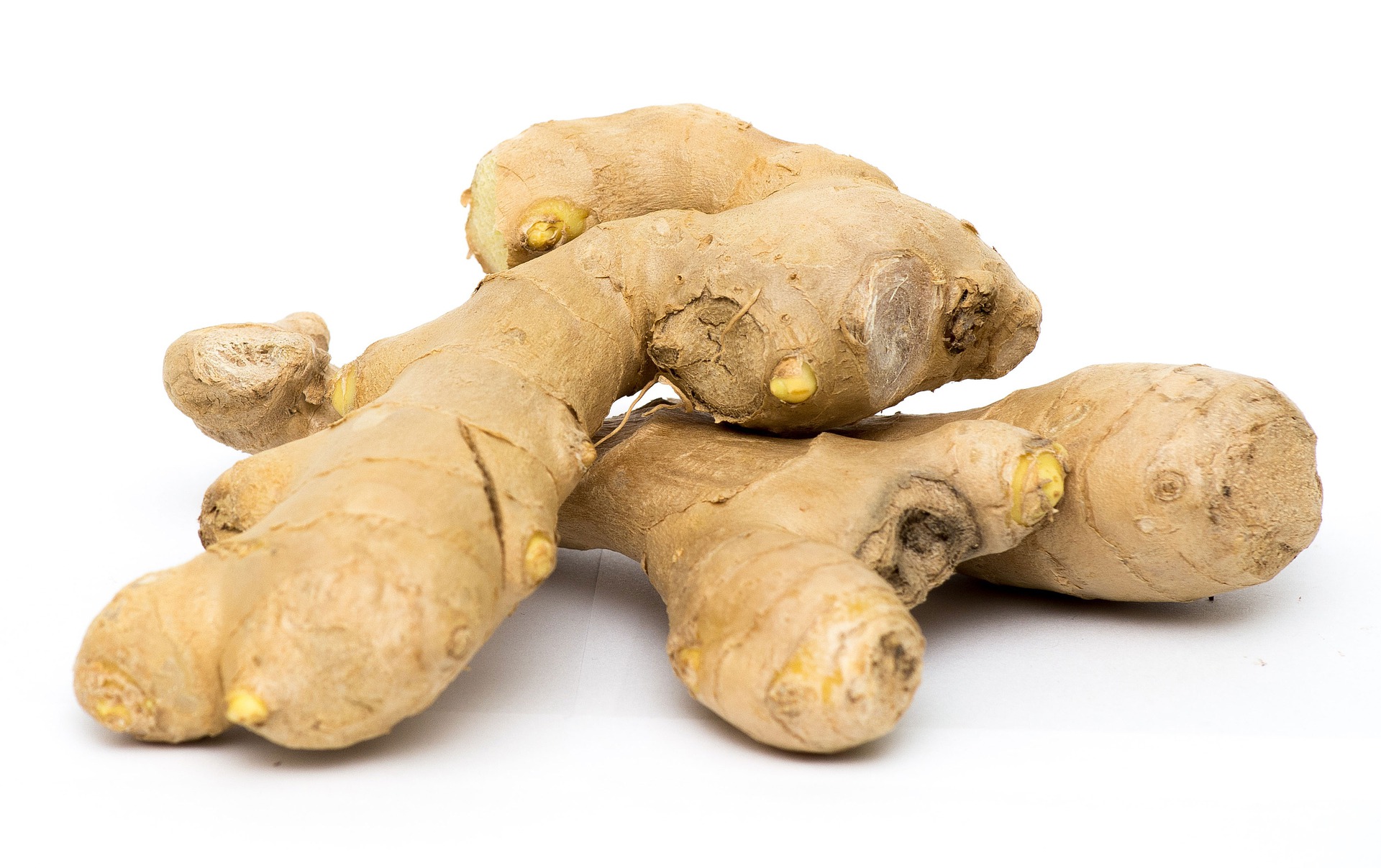If you ask everyone, most of them will tell you they have this root ginger in their homemade medicinal cabinet. However, many are pondering whether ginger is good for sore throat. You can treat a sore throat by taking ginger in several ways.
What is a sore throat?
A sore throat is a combination of pain and irritation of the throat area. It is sometimes painful when swallowing. They are often caused by viruses, such as the common cold, the flu, and mononucleosis.
How can ginger help with soar throat?
Ginger may help reduce the painful inflammatory responses and thus reduce the pain an injury to the pharynx causes.
Immunity may be enhanced by ginger’s compounds, which may relieve throat pain and improve recovery time. Cold medications may not get rid of viruses, but ginger might.
A group of scientists found that ginger stimulated the immune system to kill viruses, thus reducing the chance of catching a cold, providing faster symptom relief, and lowering recovery time.
Sore throats resulting from viral infections often cannot be treated with antibiotics. Ginger may provide sore throat relief and shorten recovery time. Furthermore, ginger protects against bacteria, pathogens, and toxins, which can cause sore throats.
Taking ginger daily may help prevent infection, as it has anti-bacterial properties. It may also be used as an alternative to antibiotics for treating certain bacterial diseases, which would help prevent sore throats.
Fresh ginger root is eaten and cooked.
You can locate raw ginger root in the produce section of some grocery stores. It resembles a light brown root and is available in several sizes. Begin by removing the bark-like exterior. You can gently rub a spoon across the roots’ surface. Chew on a 1-inch (2.5-cm) chunk of fresh ginger root to eliminate your cold. If the pulp bothers you, you can spit it out or swallow it.
Eat ginger root twice or three times daily for comfort. Taking ginger this way may not be for everyone; it is the most intense way to take the herb.
An indulgent treat made of ginger and honey.
Sucking on a ginger lozenge is a less intense way to consume ginger. Local grocery stores and pharmacies sell these, as well as Amazon.
Follow the directions and warnings on the package when reading them.
It’s always best to buy raw ginger. And when purchasing them, make sure they are not too dry—a hot beverage made with ginger and honey.
Drinking hot ginger tea is everyone’s favorite way of consuming ginger which is a very effective remedy against sore throat.
Prepare ginger tea.
Prepare ginger tea at home by mixing 1 cup of boiling water with two teaspoons of fresh chopped or dried ginger. Let it steep for 7 minutes, then strain the liquid to remove the ginger. Add a little bit of honey to help with the taste; it may also provide additional healing benefits due to its antimicrobial properties. Rinse and repeat this, and drink ginger tea up to three times daily for relief. Also, chopping fresh ginger roots in boiling water is an alternative way to make ginger tea.
Ginger as flavoring
Ginder root plant grind is used as a flavoring in cooking. You can season your meals with powdered ginger. It’s simple to use; add about two teaspoons (9.8 ml) to each meal. You may also consume two teaspoons of powder (9.8 ml) without food up to three times per day, mixed with warm water. It’s easier to swallow if mixed with warm water.
Ginger Supplement
You can purchase ginger in supplement form in either pill or capsule form. Ginger supplements are produced using ginger powder. The optimal dose for supplements is often unknown and depends on the product used in trials, so dosages are frequently not based on human trials. Talk to a physician or pharmacist to find out the optimal dose.
Honey and Ginger
The use of ginger and honey together may produce enhanced antimicrobial effects, according to the National Library of Medicine.
Mix ginger and honey in juices, cold infusions, or other recipes.
While ginger is generally safe for most people, ginger allergy is possible in some people. Additionally, ginger should not be substituted for doctor-prescribed or recommended cold, flu, or antibiotic medications. If you are pregnant, be careful when taking teas and supplements regularly. Ginger sometimes causes gastrointestinal upset. Stop using it if this occurs.
It is generally safe to consume ginger for a sore throat unless you are pregnant or taking medicine. Consult your doctor before taking ginger or other supplements if you are pregnant or taking medication.
In vitro studies have indicated that this plant has great medicinal potential, although clinical trials are sparse. Do not replace your doctor-prescribed or recommended medicines with ginger tea; use it to help support you in a holistic treatment plan.

